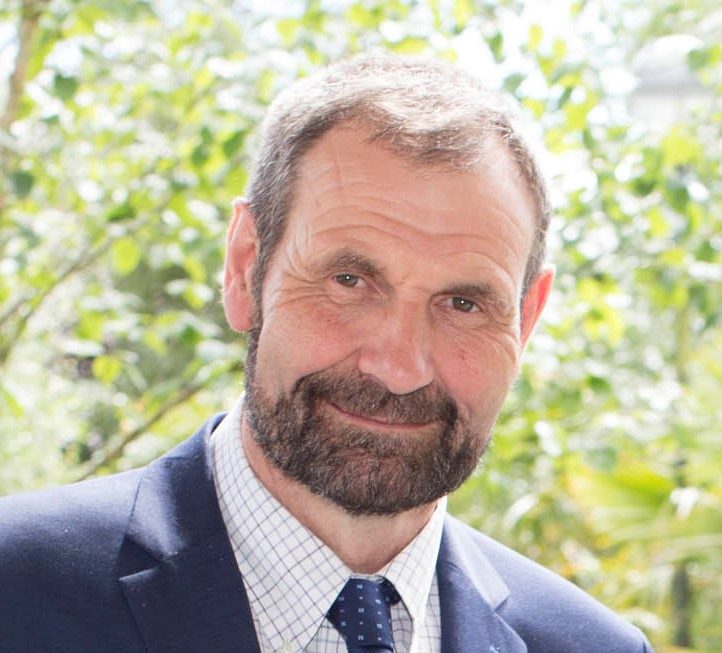New Government needs to provide Stability to reboot the Economy and to manage Brexit Uncertainty
 Jerry Long – ICOS President
Jerry Long – ICOS President
- Concern due to the lack of clarity as to how the ambitious climate action targets will be achieved, but special recognition of agriculture welcome
- Commitment to consider a volatility measure for dairy farmers welcomed
The Irish Co-operative Organisation Society (ICOS) said the publication of the Programme for Government by the parties seeking to form the next Government is welcome, in the context of the urgent need to have a stable Government in place to reboot the economy, as businesses start to reopen and with the shadow of a cliff edge Brexit still a distinct possibility, if the negotiations on the future EU-UK trade deal end without an agreement.
ICOS President, Jerry Long said, “It is over 4 months since the last General Election, which is a prolonged period of time without a new Government in place. The country is facing enormous economic and social challenges, as we emerge from the COVID-19 crisis and the shadow of Brexit still looms large. The decision by the UK Government not to seek an extension to the transition period is a further worrying development, which adds greatly to the uncertainty facing our co-op members. That is why a stable government is needed urgently.”
“The document recognises the agri-food sector as Ireland’s most important indigenous industry, which is critically important. We must remember that the Irish agri-food sector played a key role in supporting Ireland’s economic recovery, following the previous financial crisis and the sector will play a similar important role, supporting economic recovery, as the Irish economy emerges from the COVID-19 crisis.”
“The co-operative approach, as a business model can make an important contribution to supporting the rebooting of the economy, as often during times of market failure, the co-operative way of doing business has flourished and we believe there are real opportunities in the rural economy and in new sectors, where new innovative co-operatives can emerge.”
Mr. Long said, “The commitment to an average 7% cut in greenhouse gas emissions per annum, equating to a 51% reduction over the next decade is an extremely challenging target for the Irish economy, especially given our unique emissions profile, where agriculture accounts for over a third of our emissions due to the lack of heavy industry in the wider economy. It is welcome that the document acknowledges the special role of agriculture and the distinct characteristics of methane. Nevertheless, each economic sector including agriculture will be required to contribute to meeting the 51% target, which given the scale of the commitment will be very difficult. There needs to be a package of incentives to help the agri-food sector play its part to meeting the challenges ahead.”
Concluding, Jerry Long said “the commitment to consider further taxation measures to manage evolving issues such as market volatility is welcome news. The commitment must be followed up with firm action in the next budget. ICOS submitted a very detailed proposal to the previous Government to enable a farmer to use periods when market returns are higher to create a modest “rainy-day” fund, to support them during periods when market returns are weaker. The proposal is an important strategic measure aimed at supporting the economic sustainability of the rural economy and the family farm model.”